How to avert a future pandemic
Preventative measures should include enhanced surveillance, reporting and intergovernmental cooperation
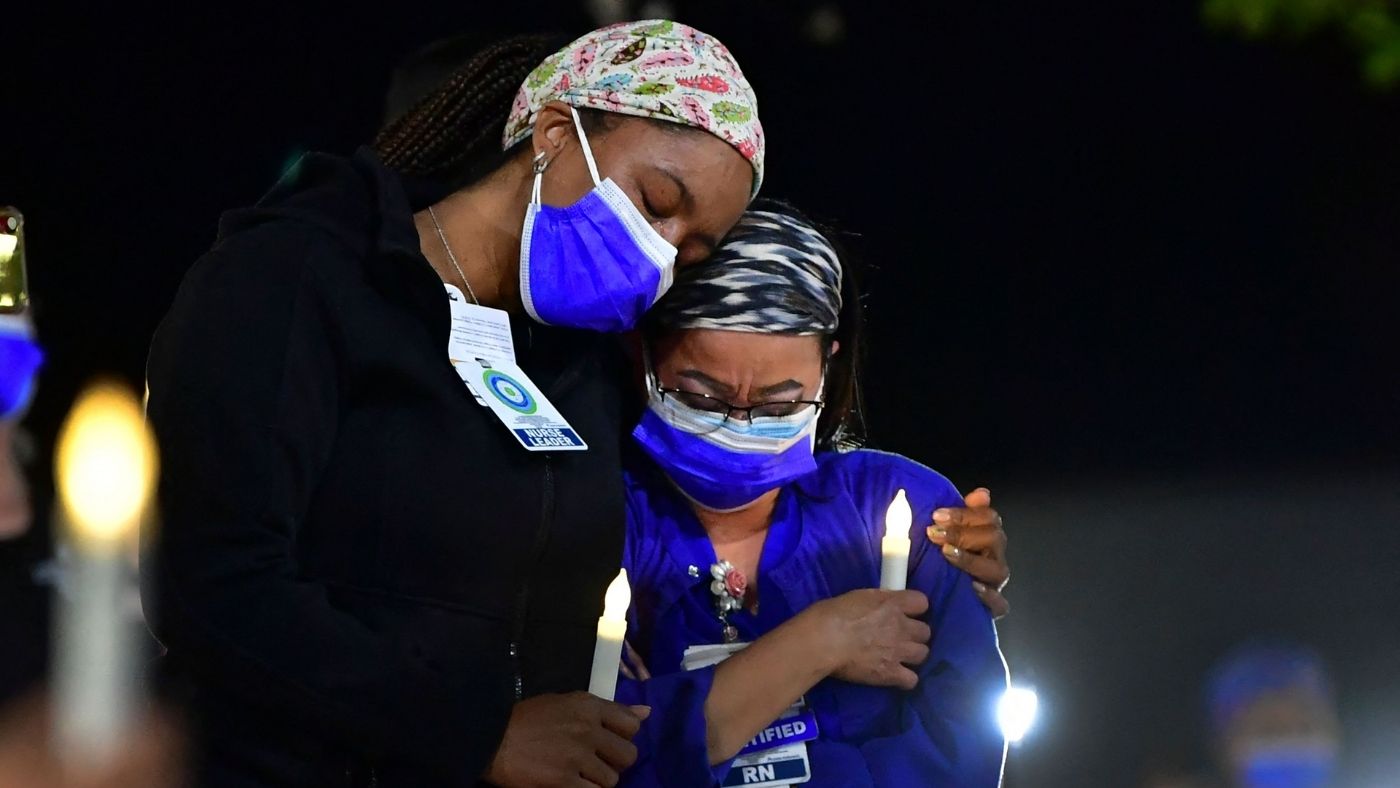
A free daily email with the biggest news stories of the day – and the best features from TheWeek.com
You are now subscribed
Your newsletter sign-up was successful
Despite years of warnings, many countries “weren’t adequately prepared” for the Covid-19 pandemic, a new report has found.
The Independent Panel for Pandemic Preparedness and Response (IPPPR) says the pandemic was a “preventable disaster” but “global political leadership was absent”.
Calling the preparation “inconsistent and underfunded” and the World Health Organization (WHO) “under-powered”, the panel’s report recommends a series of immediate measures to prevent future viral outbreaks becoming pandemics.
The Week
Escape your echo chamber. Get the facts behind the news, plus analysis from multiple perspectives.

Sign up for The Week's Free Newsletters
From our morning news briefing to a weekly Good News Newsletter, get the best of The Week delivered directly to your inbox.
From our morning news briefing to a weekly Good News Newsletter, get the best of The Week delivered directly to your inbox.
A global plan
“Co-ordinated, global leadership was absent” in preparing for and responding to Covid-19, the IPPPR says, with “global tensions” getting in the way of effective cooperation.
A unified approach to testing, tracing and vaccine rollout could improve the international community’s response to and management of a virus with pandemic potential. However, “all of this relies on a global effort in a world that is currently witnessing the extent to which countries are only out for themselves, in the scramble for coronavirus jabs”, The Telegraph’s Jennifer Rigby has said.
Nevertheless, with news that the US has backed a waiver on Covid vaccine patents, in what the British Medical Journal describes as a “momentous” step, the international community may be shifting towards more globalised methods of pandemic management.
A free daily email with the biggest news stories of the day – and the best features from TheWeek.com
Indeed, the IPPPR recommends the “long overdue” creation of a Global Health Threats Council, led by heads of state and government with a shared commitment to “transform” pandemic preparedness and response.
Improved surveillance and reporting
New technologies could make the international monitoring of potential pandemic risks and reporting of pathogen “spillover events” more efficient. Modern international air travel has created a pathway for new diseases to spread quickly, and therefore effective, universally adopted systems of threat surveillance, monitoring and reporting are required to rapidly identify and regionally contain a virus.
“Systems have been cobbled together to deal with Covid”, said Helen Clark, co-chair of IPPPR, highlighting the need for a “more rapid and transparent surveillance and alert system”. The report recommends that the WHO establishes a “new global system for surveillance”, drawing upon “state-of-the-art digital tools to connect information centres around the world”. This new system should reverse the bias of the current pandemic alert system which leans “towards inaction”. Instead, the IPPPR recommends that “precautionary action should be taken on a presumptive basis.”
In an additional effort to strengthen connections between surveillance activity and pandemic response, the Access to Covid-19 Tools Accelerator (ACT-A) platform launched in April 2020 to connect health systems with tools and supplies such as vaccines and diagnostics. The IPPPR report recommends that this be transformed into a “truly global end-to-end platform”, “shifting from a model where innovation is left to the market” to “a model aimed at delivering global public goods”.
Formal financing
At the World Economic Forum (WEF), Clark stressed that pandemic response ought to be viewed as “a global public good. And that means thinking beyond aid and ODA [Official Development Assistance] to how such a global public good is financed.” One of the report's recommended measures is to establish The WHO’s financial independence, in part through increasing Member State fees.
Additionally, the report recommends creating an International Pandemic Financing Facility, “to raise additional reliable funding for pandemic preparedness and for rapid surge financing for response in the event of a pandemic.” This Facility would work on an “ability-to-pay” model, “whereby larger and wealthier economies will pay the most, preferably from non-ODA budget lines”.
Cross-sector collaboration
“Effective surveillance requires a multidisciplinary approach”, say epidemiologists reporting for The Conversation, citing the management of Rift Valley Fever in East Africa as an example of effective cross-sector working between veterinary, medical and meteorological experts. The IPPPR also recommends that public health institutions “have multidisciplinary capacity”, engaging with both the private sector and civil society.
London’s Natural History Museum also says that the digitisation of specimen data could help the global scientific community to identify possible pandemic threats. Thorough knowledge of ecosystems, including geographic and historic data, could help researchers to find links between pathogen spillover events and “specific environmental situations” that may ultimately enable scientists to “predict when they might happen again.”
“More access to data means more research can be done globally”, says the museum’s senior curator, Roberto Portela Miguez. It may also be possible to test samples themselves for viruses.
Julia O'Driscoll is the engagement editor. She covers UK and world news, as well as writing lifestyle and travel features. She regularly appears on “The Week Unwrapped” podcast, and hosted The Week's short-form documentary podcast, “The Overview”. Julia was previously the content and social media editor at sustainability consultancy Eco-Age, where she interviewed prominent voices in sustainable fashion and climate movements. She has a master's in liberal arts from Bristol University, and spent a year studying at Charles University in Prague.
-
 The 8 best TV shows of the 1960s
The 8 best TV shows of the 1960sThe standout shows of this decade take viewers from outer space to the Wild West
-
 Microdramas are booming
Microdramas are boomingUnder the radar Scroll to watch a whole movie
-
 The Olympic timekeepers keeping the Games on track
The Olympic timekeepers keeping the Games on trackUnder the Radar Swiss watchmaking giant Omega has been at the finish line of every Olympic Games for nearly 100 years
-
 The new Stratus Covid strain – and why it’s on the rise
The new Stratus Covid strain – and why it’s on the riseThe Explainer ‘No evidence’ new variant is more dangerous or that vaccines won’t work against it, say UK health experts
-
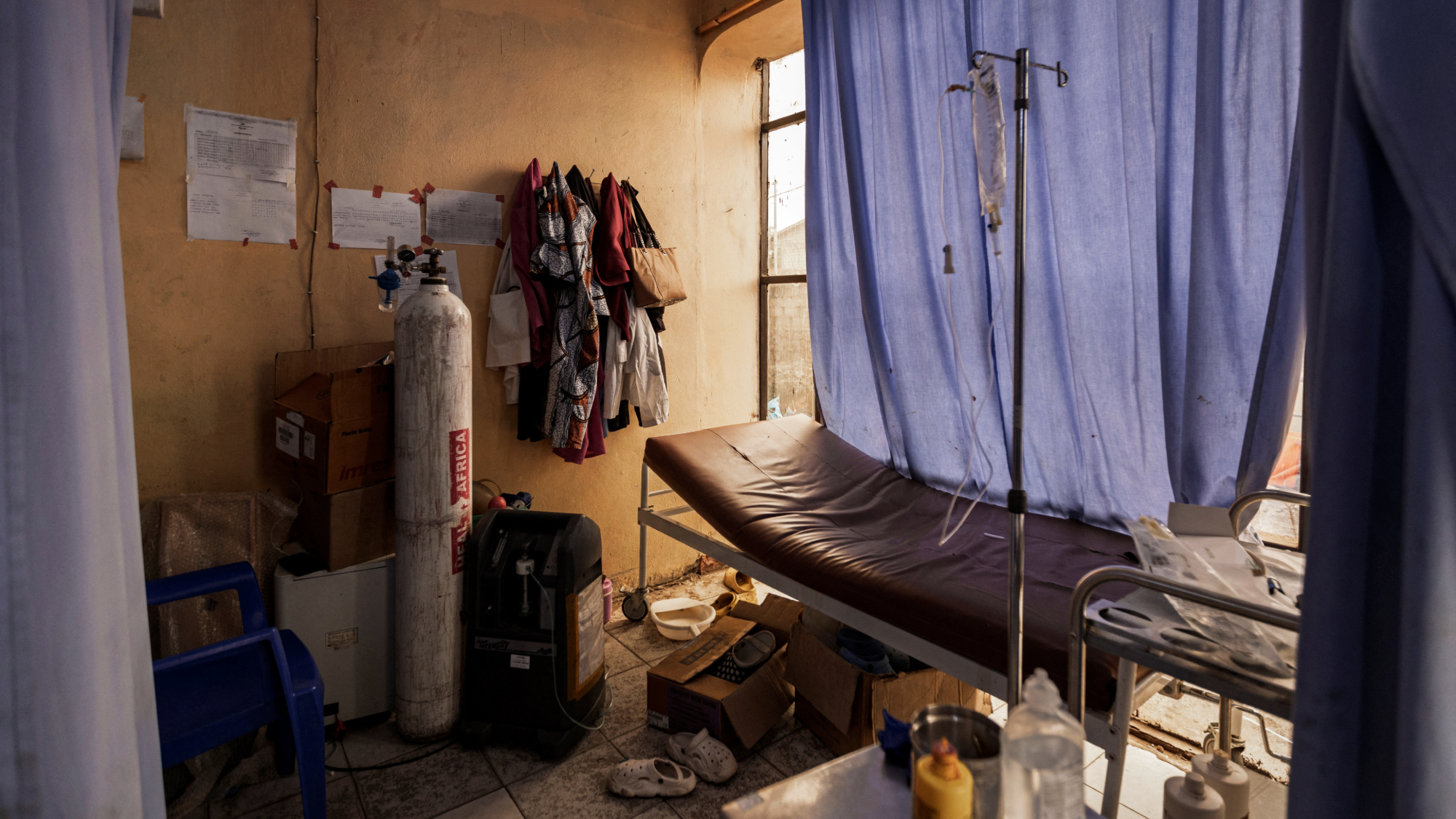 Mystery illness spreading in Congo rapidly kills dozens
Mystery illness spreading in Congo rapidly kills dozensSpeed Read The World Health Organization said 53 people have died in an outbreak that originated in a village where three children ate a bat carcass
-
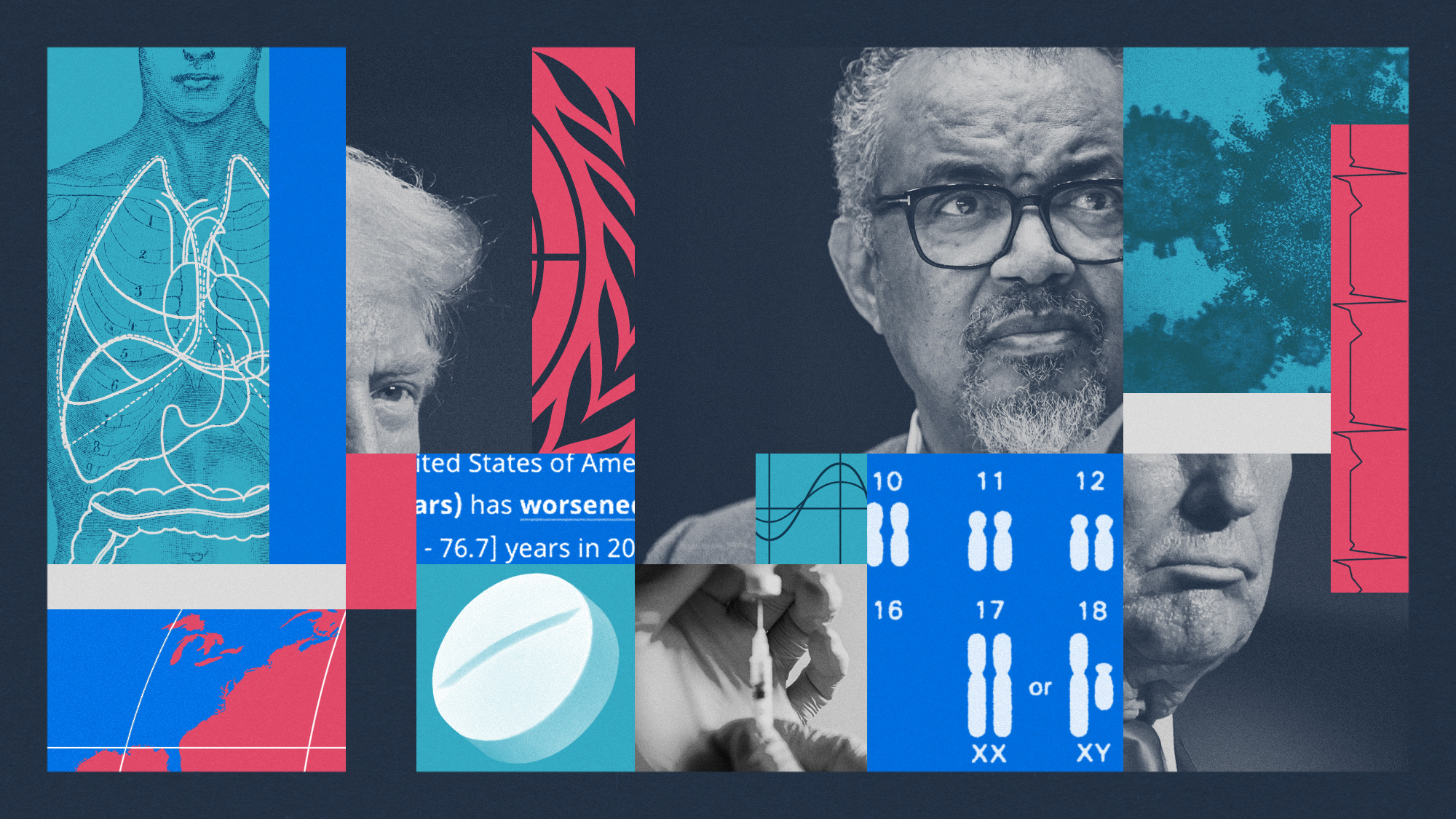 America is leaving WHO. What does that mean for public health?
America is leaving WHO. What does that mean for public health?Today's Big Question Trump orders the withdrawal
-
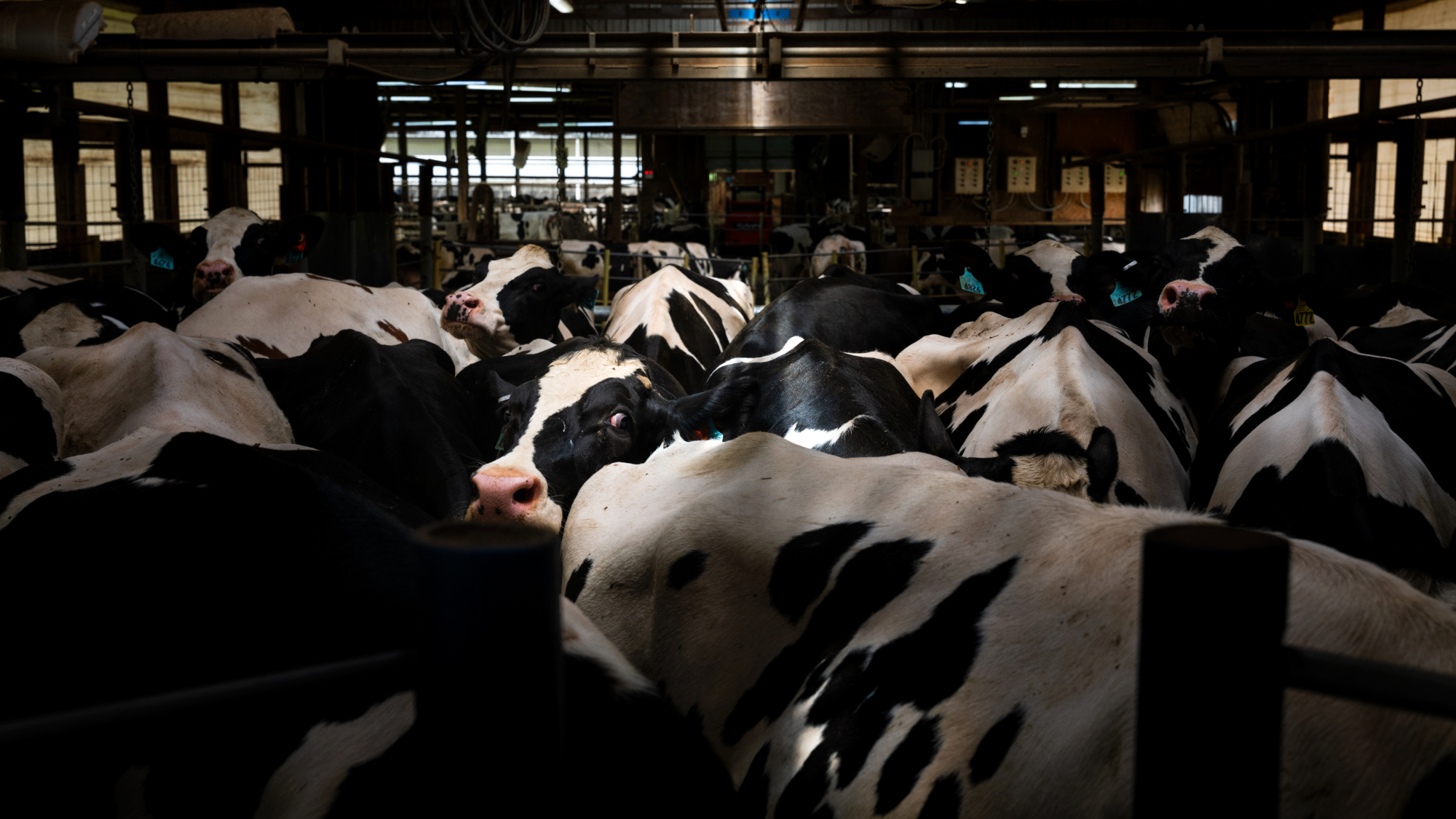 Bird flu one mutuation from human threat, study finds
Bird flu one mutuation from human threat, study findsSpeed Read A Scripps Research Institute study found one genetic tweak of the virus could enable its spread among people
-
 No more bugging: how Egypt became certified malaria-free
No more bugging: how Egypt became certified malaria-freeUnder the radar It was a century-long effort
-
 Baby food is not as healthy as it should be
Baby food is not as healthy as it should beUnder the Radar Labels are leaving things out. And brands are highlighting only what they want to.
-
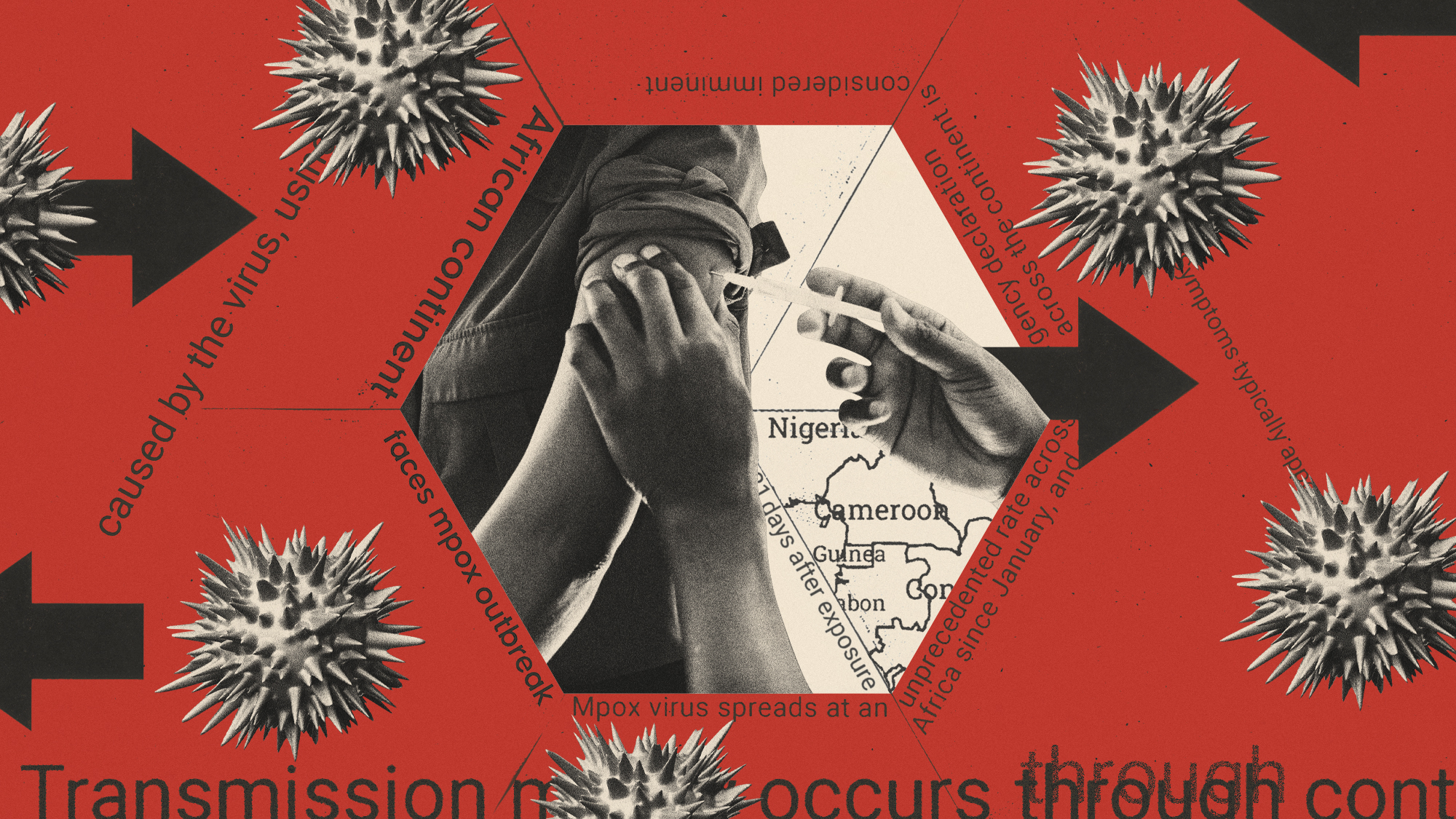 Mpox: how dangerous is new health emergency?
Mpox: how dangerous is new health emergency?Today's Big Question Spread of potentially deadly sub-variant more like early days of HIV than Covid, say scientists
-
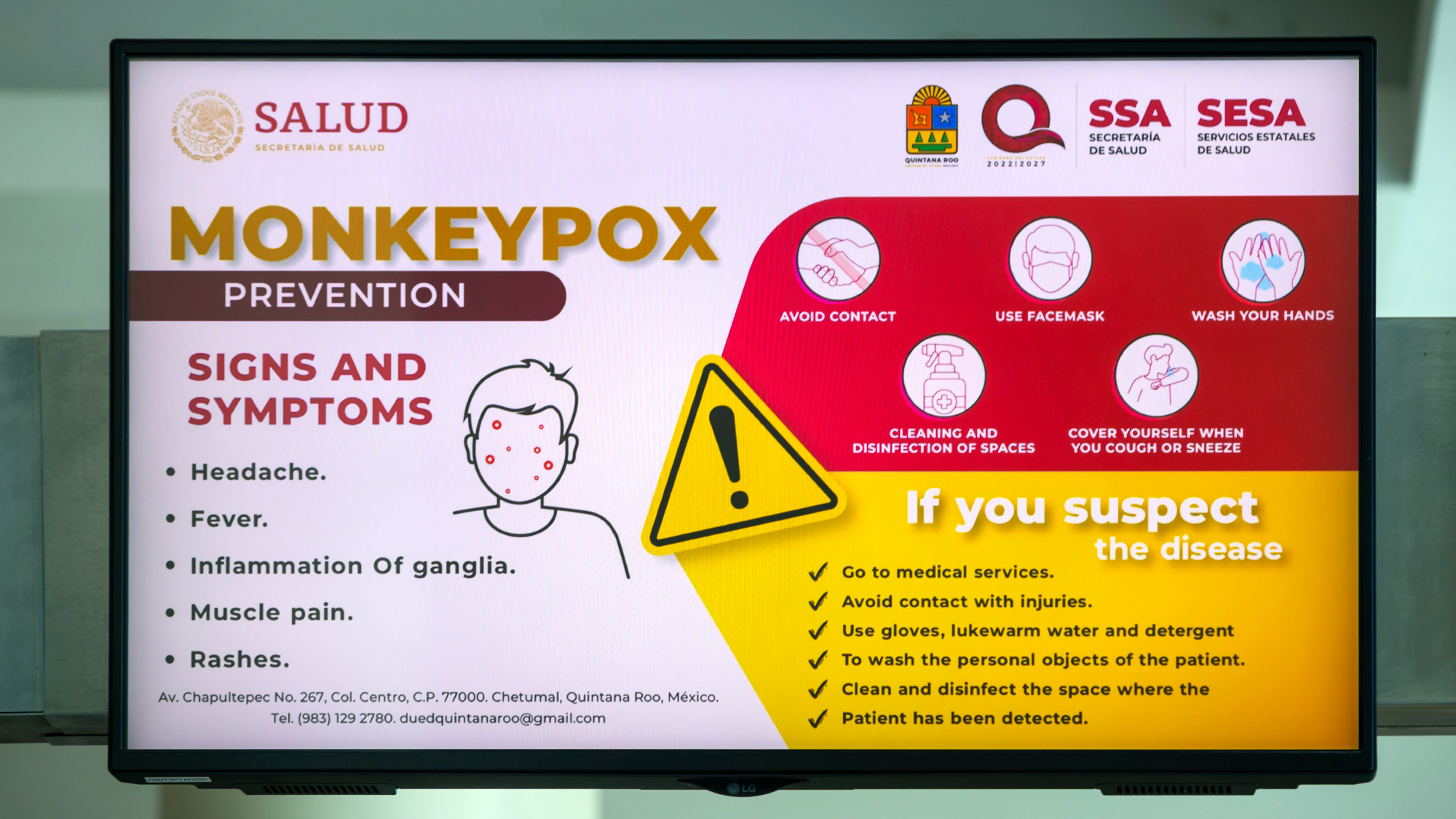 WHO declares mpox a global health emergency
WHO declares mpox a global health emergencySpeed Read An outbreak of the viral disease formerly known as monkeypox continues to spread in Africa